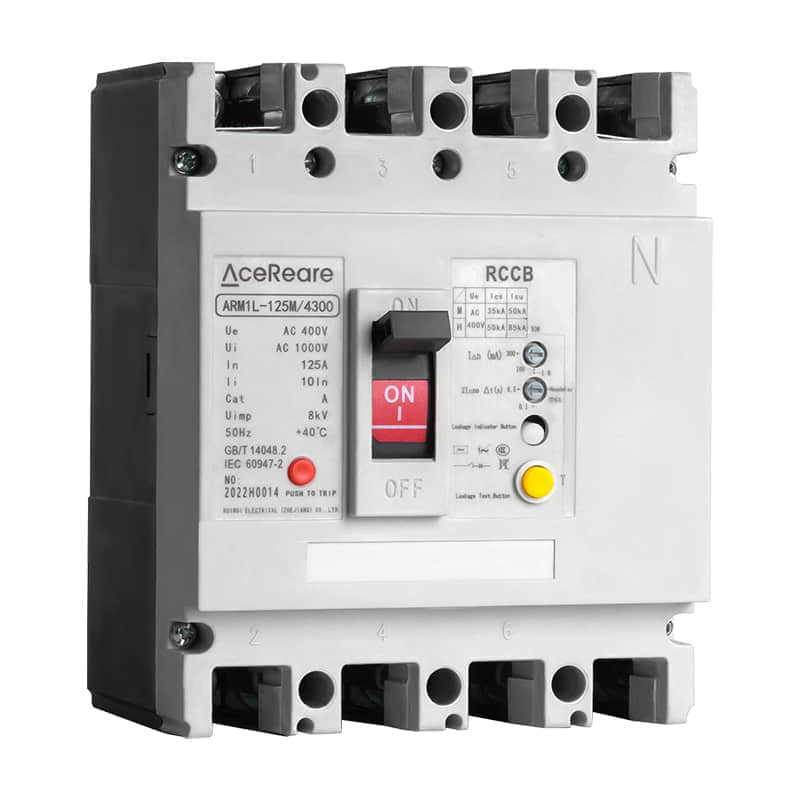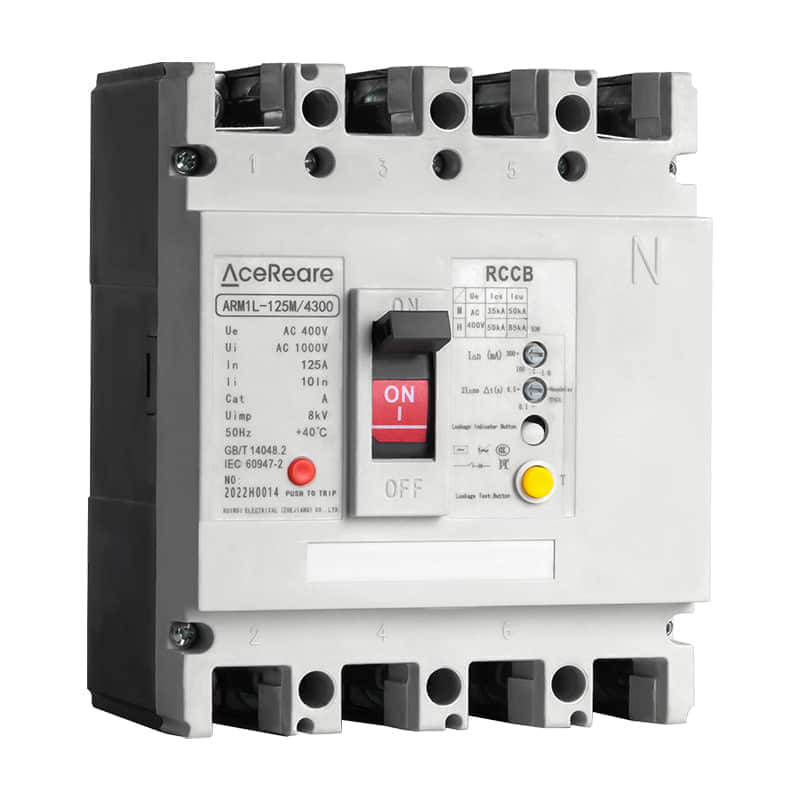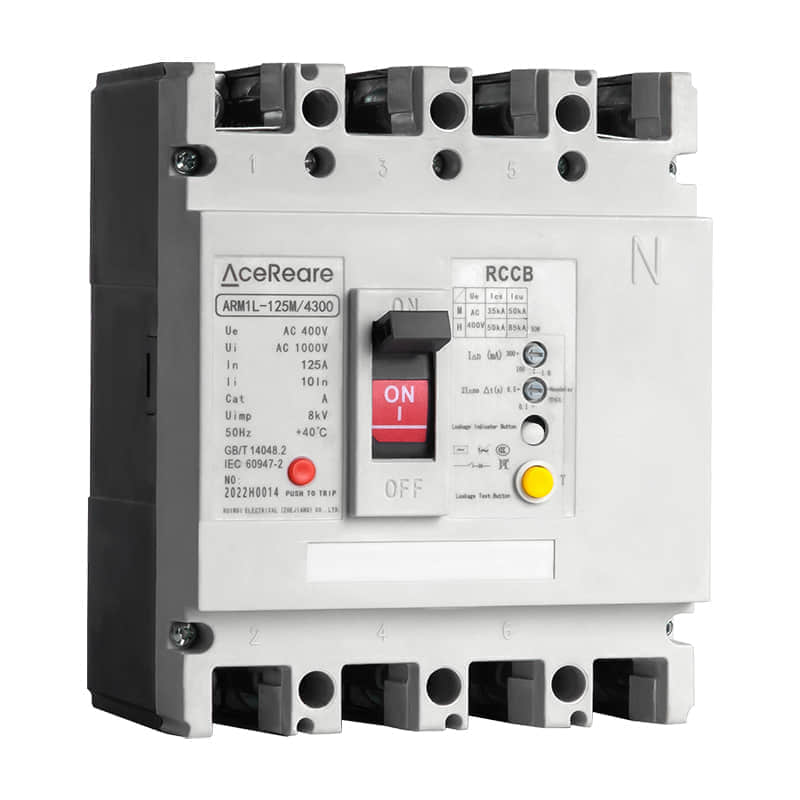In today’s rapidly evolving world, electrical safety is of paramount importance. One crucial component in maintaining electrical safety is the Molded Case Circuit Breaker (MCCB) with Residual Leakage Protection. This advanced device not only protects electrical circuits from overloads and short circuits but also adds an extra layer of security by detecting and mitigating the risks posed by residual leakage currents.

MCCBs have long been an essential element in electrical distribution systems, safeguarding circuits and equipment from damage due to excessive current. However, the integration of residual leakage protection takes their functionality to a new level. Residual leakage currents, often caused by insulation faults or contact with moisture, can lead to electric shocks and fires. The MCCB with residual leakage protection effectively addresses this challenge.

So, how does this innovation work? Traditional MCCBs primarily respond to overcurrents, but they may not always detect small leakage currents that could be hazardous. The MCCB with residual leakage protection continuously monitors the current flowing into and out of a circuit. If any imbalance is detected, indicating a leakage current, the MCCB swiftly interrupts the circuit, preventing potential harm. This feature is particularly beneficial in environments where human safety is critical, such as residential areas, industrial sites, and commercial complexes. One key advantage of MCCBs with residual leakage protection is their adaptability. They come with adjustable sensitivity settings, allowing customization according to the specific needs of a circuit. Sensitivity can be set higher for circuits where even the slightest leakage can pose a risk, or lowered for circuits where some leakage is acceptable due to specific operational requirements. This versatility makes them an ideal choice for various applications, enhancing both safety and operational efficiency. Industries dealing with water, like swimming pools or water treatment plants, benefit immensely from MCCBs with residual leakage protection. Water increases the likelihood of leakage currents, and the traditional protection mechanisms might not be sufficient. These advanced MCCBs provide a safeguard against electric shock, helping protect human lives and expensive equipment. In addition to their protective features, MCCBs with residual leakage protection contribute to a more resilient and reliable electrical system. By quickly isolating faulty circuits, they prevent potential damage from spreading to other parts of the system. This proactive approach minimizes downtime and maintenance costs, translating to increased productivity and reduced financial losses. As technology advances, so do the challenges associated with electrical safety. MCCBs with residual leakage protection embody a significant step forward in addressing these challenges comprehensively. Their integration of enhanced leakage current detection with the proven capabilities of traditional MCCBs offers a holistic solution that prioritizes both human safety and operational continuity. In conclusion, the innovation of MCCBs with residual leakage protection marks a significant advancement in electrical safety. By seamlessly combining the protective features of traditional MCCBs with the ability to detect and mitigate residual leakage currents, these devices provide a comprehensive solution for a wide range of applications. Their adaptability, reliability, and ability to prevent electric shocks and fires make them an indispensable component in modern electrical systems. As industries and residential areas continue to expand, the importance of such advanced safety measures cannot be overstated.
